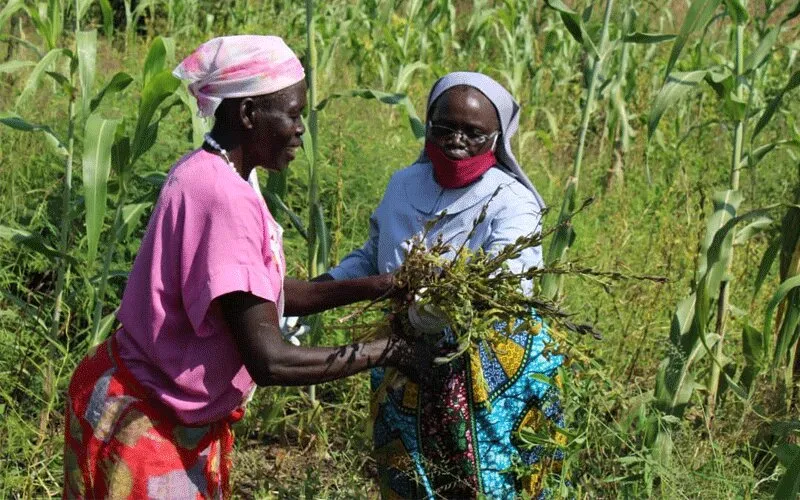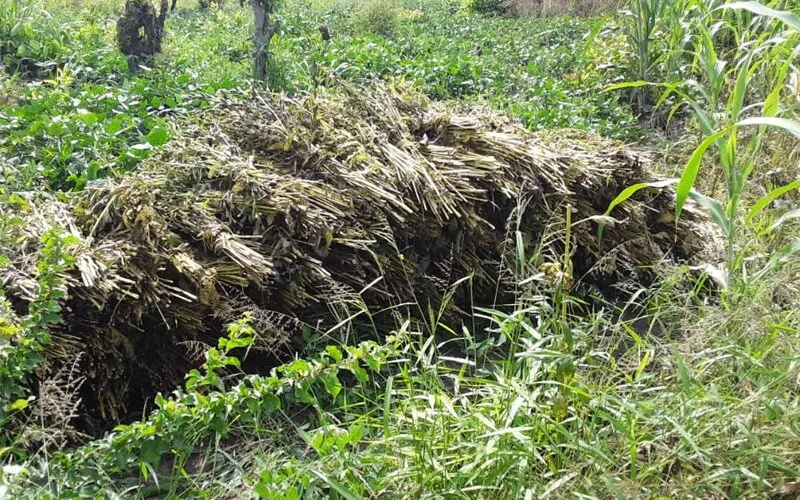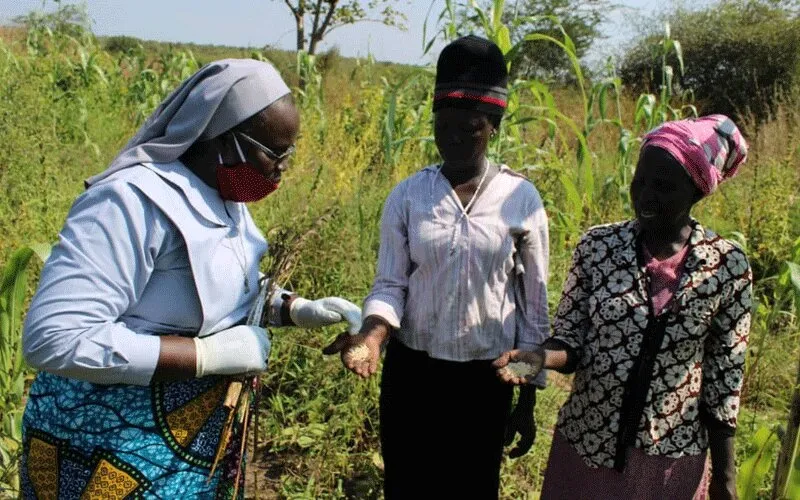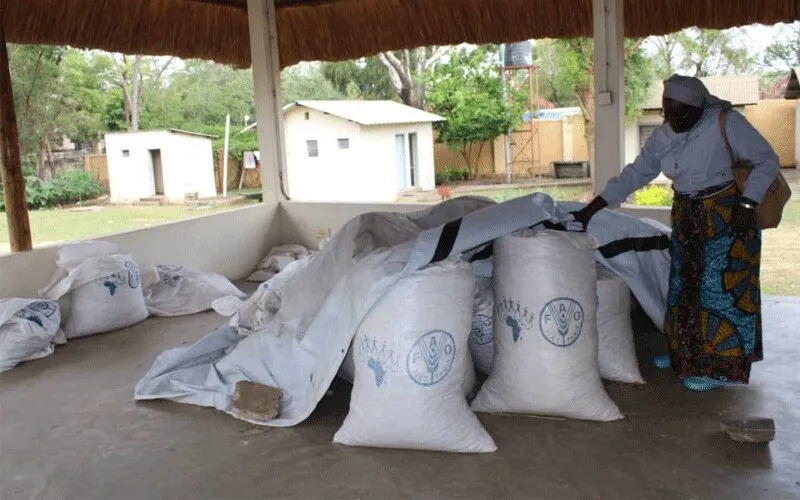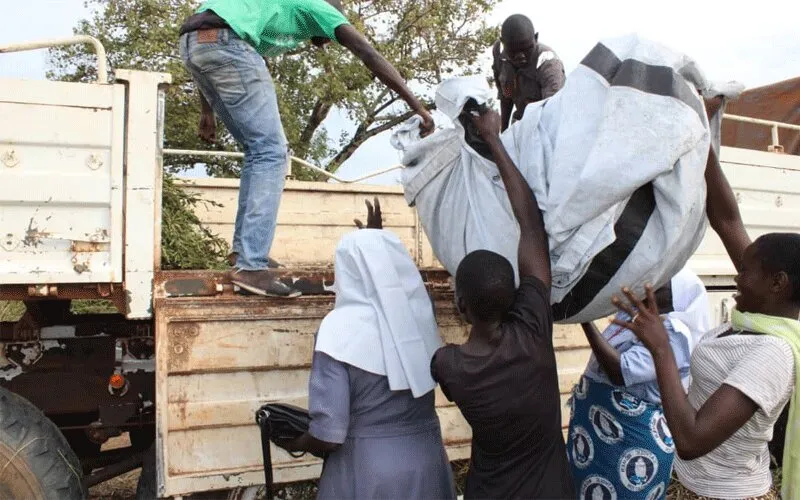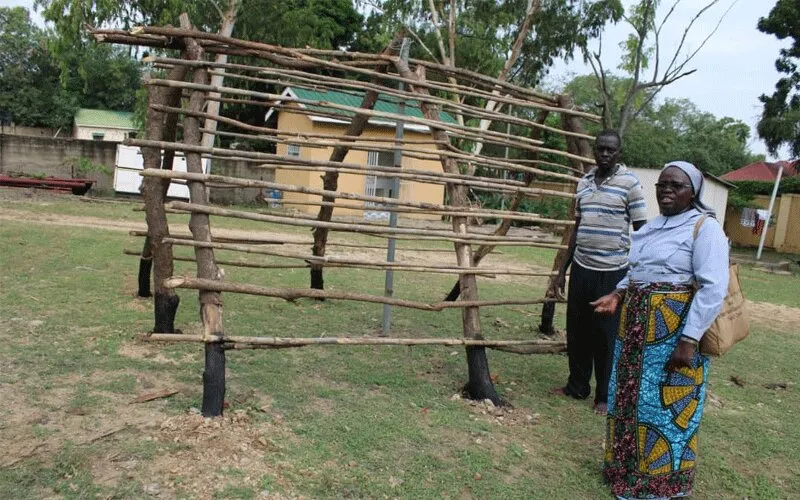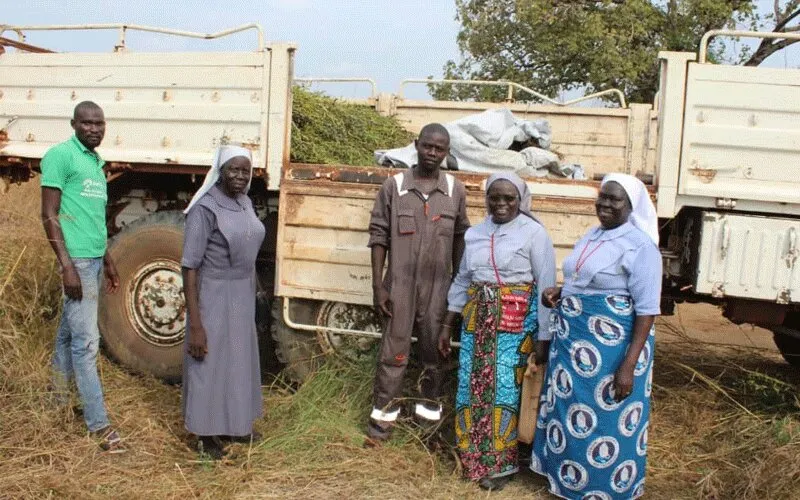Juba, 15 November, 2020 / 9:20 pm (ACI Africa).
Sisters of the Sacred Heart of Jesus (SSH) in South Sudan have partnered with the United Nations development agencies to facilitate food production, reaching out to the deprived in the East-Central African country.
“We have tried to collaborate with the development agencies like the World Food Program (WFP) and FAO (Food and Agriculture Organization). I know WFP is known for giving food to people, but I approached them to facilitate us to produce food, not to provide food,” SHS Superior General, Sr. Dr. Alice Jurugo Drajea told ACI Africa Friday, November 13.
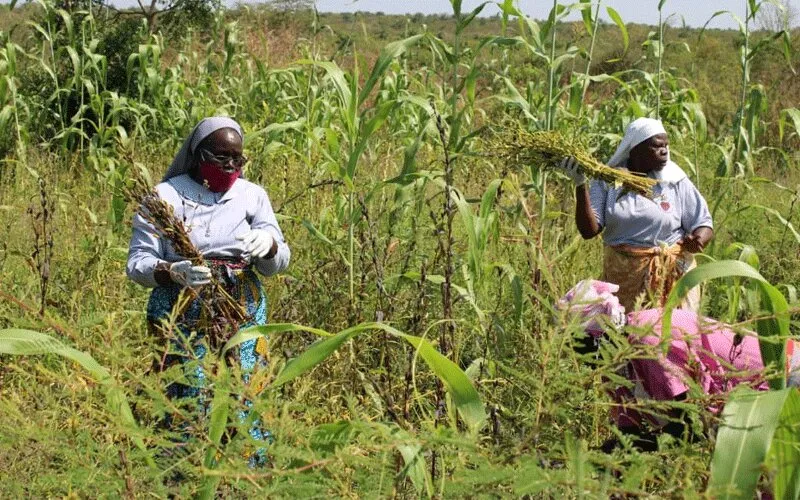
Terming the partnership as a “great collaboration of organizations,” Sr. Alice said, “World Food Program and Food and Agriculture Organization have assisted us by giving us seeds, by giving us tools, giving us items like gumboots, giving us empty bags and transporting produce like sesame from the farm to our house.”
She added, “When I went to the warehouse to collect the seeds from FAO, they even gave us 20 gumboots, 40 hoes and now we are looking forward to them to give us the two-sided hoes for weeding.”



